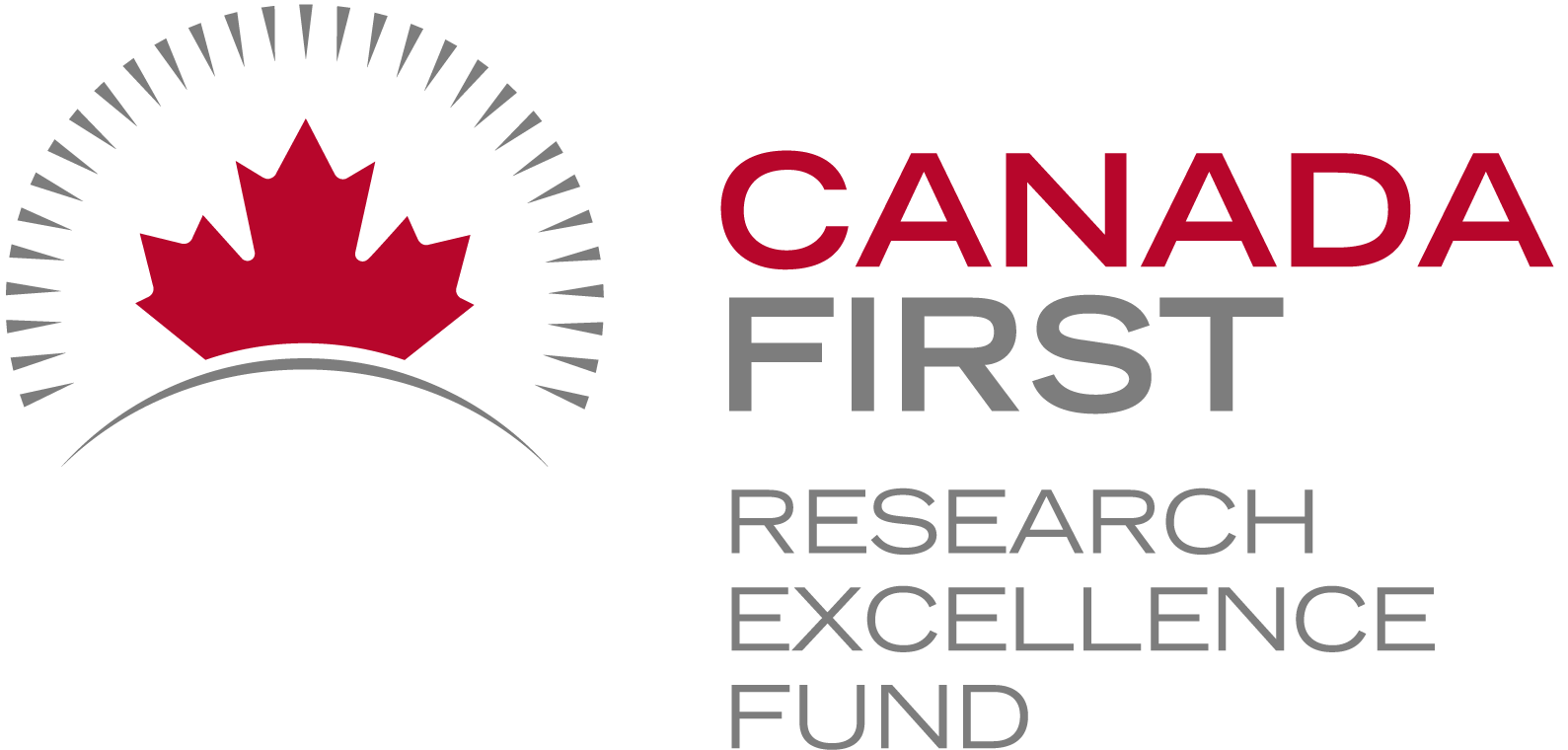
Derived identifiers in GitHub
At Agri-food Data Canada (ADC), we often emphasize the importance of content-derived identifiers—unique fingerprints generated from the actual content of a resource. These identifiers are especially valuable in research and data analysis, where reproducibility and long-term verification are essential. When you cite a resource using a derived identifier, such as a digest of source code, you’re ensuring that years down the line, anyone can confirm that the referenced material hasn’t changed.
One of the best tools for managing versioned documents—especially code—is GitHub. Not only does GitHub make it easy to track changes over time, but it also automatically generates derived identifiers every time you save your work.
What Is a GitHub Commit Digest?
Every time you make a commit in GitHub (i.e., save a snapshot of your code or document), GitHub creates a SHA-1 digest of that commit. This digest is a unique identifier derived from the content and metadata of the commit. It acts as a cryptographic fingerprint that ensures the integrity of the data.
Here’s what goes into creating a GitHub commit digest:
- Snapshot of the File Tree: Includes all file names, contents, and directory structure.
- Parent Commit(s): References to previous commits, which help maintain the history.
- Author Information: Name, email, and timestamp of the person who wrote the code.
- Committer Information: May differ from the author; includes who actually committed the change.
- Commit Message: The message describing the change.
All of this is bundled together and run through the SHA-1 hashing algorithm, producing a 40-character hexadecimal string like:
e68f7d3c9a4b8f1e2c3d4a5b6f7e8d9c0a1b2c3d
GitHub typically displays only the first 7–8 characters of this digest (e.g., e68f7d3c), which is usually enough to uniquely identify a commit within a repository.
Why You Should Reference Commit Digests
When citing code or documents stored on GitHub, always include the commit digest. This practice ensures that:
- Your references are precise and verifiable.
- Others can reproduce your work exactly as you did.
- The cited material remains unchanged and trustworthy, even years later.
Whether you’re publishing a paper, sharing an analysis, or collaborating on a project, referencing the commit digest helps maintain transparency and reproducibility, promoting FAIR research.
Final Thoughts
GitHub’s built-in support for derived identifiers makes it a powerful platform for version control and long-term citation. By simply noting the commit digest when referencing code or documents, you’re contributing to a more robust and verifiable research ecosystem.
So next time you cite GitHub work, take a moment to copy that digest. It’s a small step that makes a big difference in the integrity of your research.
Written by Carly Huitema



